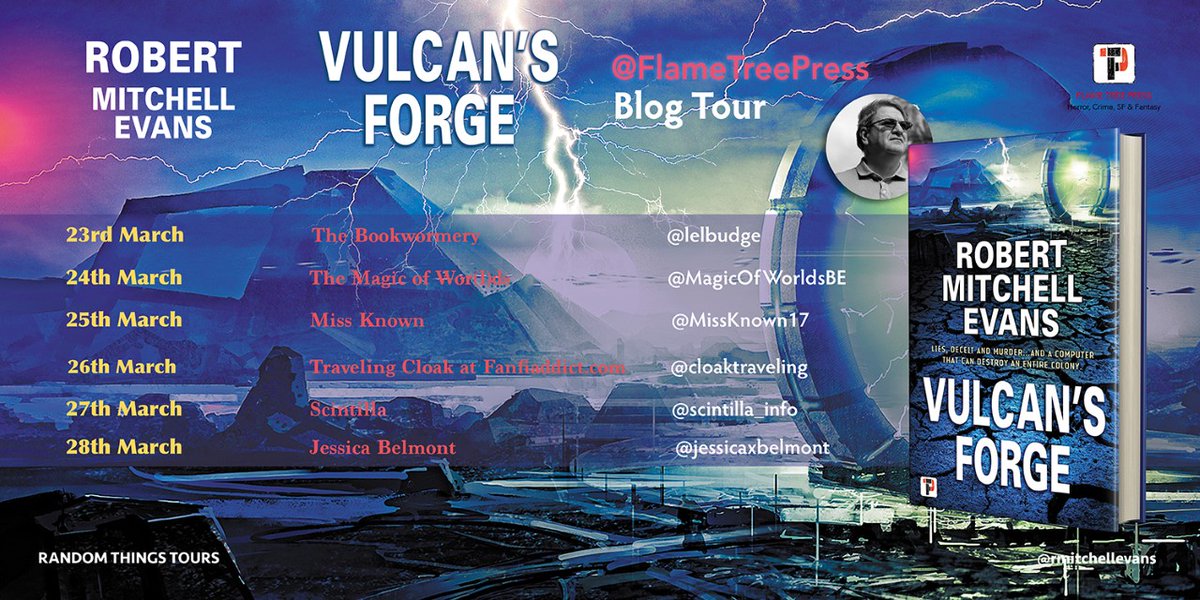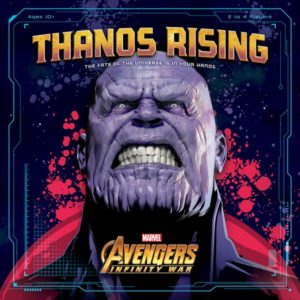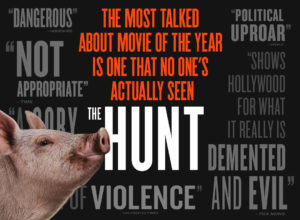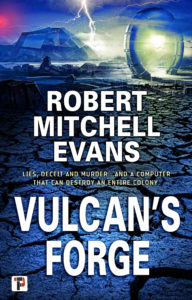This Thursday Vulcan’s Forge will be available from all your usual and favorite booksellers and as of today the link for the e-book went live.
The publisher, Flametree Press, organizes a week of book bloggers reviews the book around each book’s publications date and today my blog tour kicked off with a review at The Bookwormery.
Here’s my pull quote from the review but read the entire thing yourself.
“Wow…..the world building in Vulcan’s Forge is just so well done, the feeling of almost claustrophobic tension is felt throughout. “
In other news my sweetie-wife and I are handling the shelter in place order imposed on California rather well. We get along fabulously, part of why we’re married and all that, and we each have plenty of activities to keep us engaged. Her employer has instituted a work from home policy while I continue to go into the office at my day job, but the office staff is reduced there as many are being sent to work from home as well. A few others and I have volunteered to maintain the critical office roles for as long as possible. I am fortunate to have a job that is critical to helping people get medical care so not only do I still have work and pay but I am also helping people directly during this crisis.




